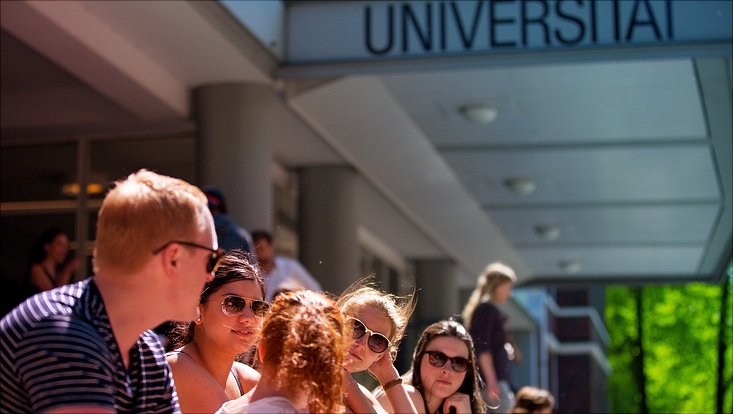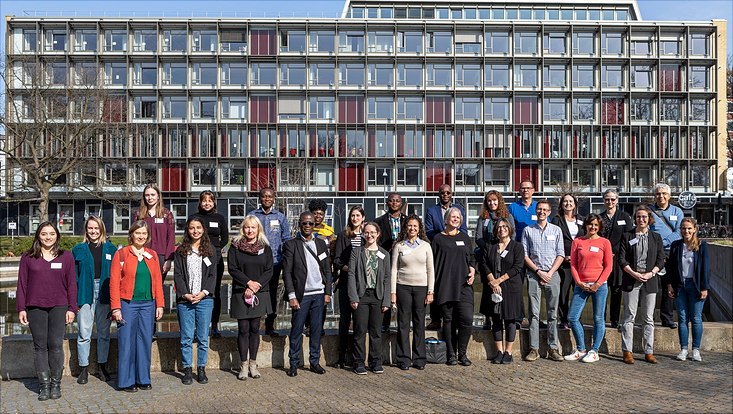Summer School: Language Diversity, Education and Social Participation
3. Februar 2020

Foto: UHH/Sukhina
Linguistic (as well as cultural and social) diversity are basic characteristics of today's societies. Their causes include, among others, increasing migration, globalisation, new technical possibilities of communication, and interactions across traditional borders. Using three nations with significant migration – Australia, China and Germany – as examples, we will explore how increasing diversity affects education and social participation, and what policies and discourses have been developed in response to linguistic diversity. Despite their different socio-political traditions in dealing with migration, the challenges and responses to linguistic diversity in the three countries share many similarities. Central among these is that linguistic diversity continues to be a central factor in social exclusion in the three countries.
The 4-week program on “Language Diversity, Education and Social Participation” is offered by Universität Hamburg in July 2020. The specialized research program addresses final-year Bachelor as well as Master and PhD students and discusses the social effects of linguistic and cultural diversity. The courses will be accompanied by a wide supplementary program on German and Hamburg culture and history, including field trips and excursions as well as a German language course in the introduction week. Students can receive up to 10 ECTS for participating in all courses.
The summer school offers a 20% discount for students from strategic partner universities as well as further funding possibilities. Students of UHH, who engage in the buddy-program can be discharged of the costs.
All interested students have the possibility to apply from 15 February to 15 May.
Further information is available on the international office’s official summer school website.

